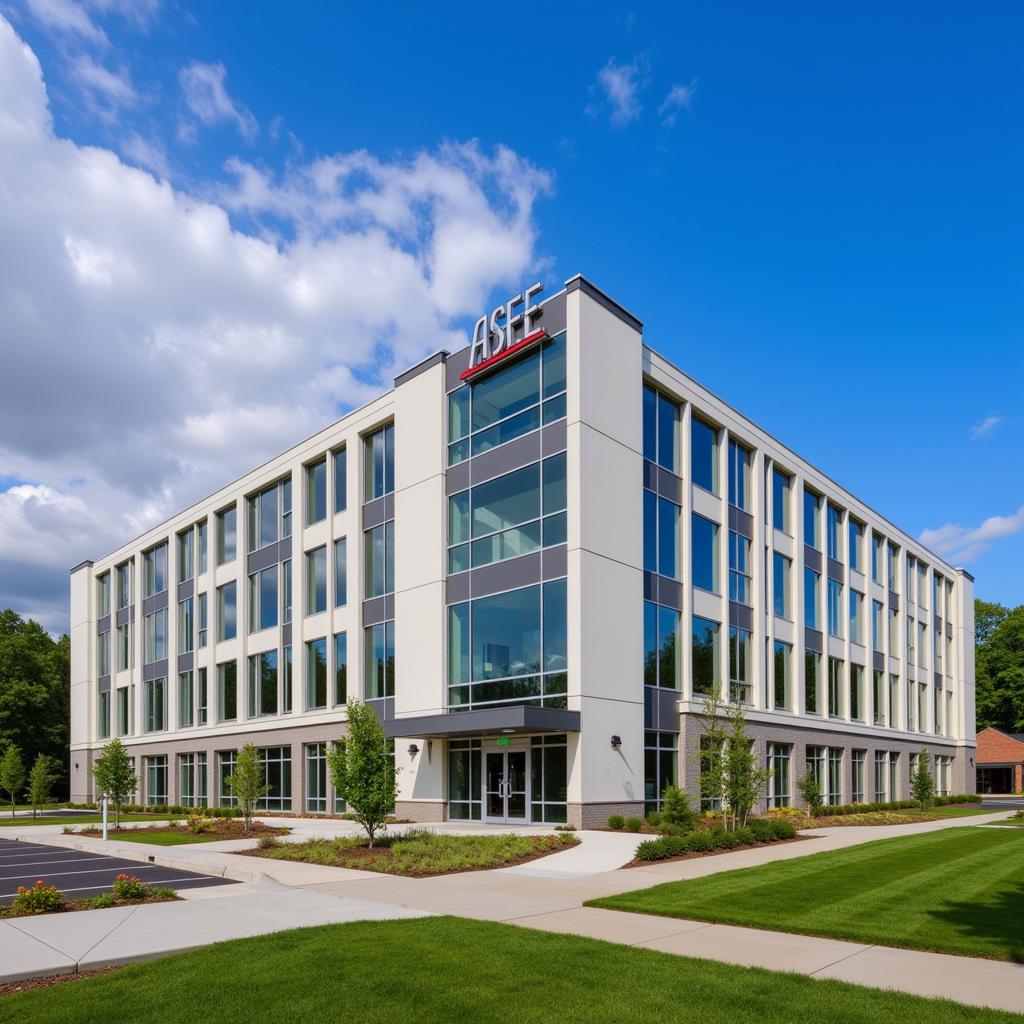The intersection of AI and ASEAN is rapidly shaping the future of Southeast Asia. From bustling metropolises to rural communities, artificial intelligence is being leveraged across various sectors, promising economic growth, societal advancement, and improved quality of life.
AI’s Footprint in ASEAN Economies
One of the most significant impacts of AI in ASEAN is felt in its economies. The adoption of AI technologies is boosting productivity, optimizing operations, and driving innovation across diverse industries.
-
Manufacturing: AI-powered automation is revolutionizing manufacturing processes, from predictive maintenance to quality control. This leads to increased efficiency and reduced costs, enhancing the global competitiveness of ASEAN’s manufacturing sector.
-
Finance: AI is transforming financial services with personalized banking experiences, fraud detection algorithms, and algorithmic trading, contributing to a more robust and inclusive financial landscape in the region.
-
Agriculture: AI is empowering farmers with data-driven insights for crop management, pest control, and yield optimization. This is particularly crucial in ensuring food security for the region’s growing population.
 AI-powered agriculture in ASEAN
AI-powered agriculture in ASEAN
Bridging the Gap: AI for Social Good in ASEAN
Beyond its economic contributions, AI is playing a crucial role in addressing social challenges and improving the lives of people in ASEAN.
-
Healthcare: AI is revolutionizing healthcare with faster and more accurate diagnoses, personalized treatment plans, and drug discovery. This is particularly significant in addressing the shortage of healthcare professionals and improving access to quality healthcare in rural areas.
-
Education: AI is enhancing education by personalizing learning experiences, automating administrative tasks, and providing students with 24/7 access to educational resources. This helps to create a more engaging and effective learning environment for students across ASEAN.
-
Disaster Management: Given ASEAN’s vulnerability to natural disasters, AI is being utilized to develop early warning systems, optimize disaster response efforts, and improve post-disaster recovery.
Navigating the Challenges of AI Adoption in ASEAN
While the potential of AI in ASEAN is immense, its successful implementation requires addressing several key challenges.
-
Digital Divide: Bridging the digital divide within and across ASEAN member states is crucial to ensure equitable access to the benefits of AI. This requires investments in digital infrastructure, digital literacy programs, and policies that promote digital inclusion.
-
Skills Gap: Developing a skilled AI workforce is vital for ASEAN to harness the full potential of AI. This involves investing in education and training programs that equip individuals with the necessary skills to thrive in an AI-driven economy.
-
Ethical Considerations: Establishing clear ethical guidelines for the development and deployment of AI is essential to address concerns related to privacy, bias, and job displacement.
ASEAN and India Automobile Market: A Case Study in AI Collaboration
The burgeoning automotive industry in ASEAN presents a compelling example of how AI is fostering collaboration within the region and beyond. ASEAN’s partnership with India, a global leader in IT and software development, is driving innovation in areas such as autonomous driving, connected vehicles, and electric mobility. This collaboration is not only boosting the automotive industry but also creating new job opportunities and fostering technological advancement in both regions.
asean and india automobile market
The Future of AI in ASEAN: A Collaborative Approach
Realizing the full potential of AI in ASEAN requires a collaborative approach involving governments, businesses, research institutions, and civil society. By working together, stakeholders can create an enabling environment for responsible AI development and deployment, ensuring that AI benefits all segments of society.
-
Government Policies: Supportive government policies are crucial to encourage AI adoption, attract investments, and foster a thriving AI ecosystem in the region.
-
Private Sector Innovation: The private sector plays a vital role in driving AI innovation, developing practical applications, and scaling up AI solutions to address real-world challenges.
-
Research and Development: Continued investment in AI research and development is crucial to push the boundaries of AI, fostering innovation, and developing cutting-edge solutions tailored to the unique needs of the ASEAN region.
Conclusion
AI is no longer a futuristic concept but a transformative force shaping the present and future of ASEAN. From revolutionizing industries to addressing social challenges, AI offers immense potential for growth and development in the region. By fostering collaboration, addressing challenges proactively, and prioritizing ethical considerations, ASEAN can harness the power of AI to create a brighter future for all.
FAQs
1. What are the key sectors benefiting from AI in ASEAN?
AI is transforming various sectors in ASEAN, including manufacturing, finance, agriculture, healthcare, education, and disaster management.
2. How is ASEAN addressing the ethical concerns surrounding AI?
ASEAN is working towards establishing clear ethical guidelines for AI development and deployment, focusing on issues like privacy, bias, and job displacement.
3. How can I contribute to the development of AI in ASEAN?
Individuals can contribute by acquiring AI-related skills, supporting ethical AI initiatives, and engaging in dialogues about responsible AI adoption.
4. What are the future prospects of AI in ASEAN?
The future of AI in ASEAN is promising, with continued growth expected across various sectors. Collaboration and responsible development will be key to maximizing its positive impact.
5. Where can I find more information about AI initiatives in ASEAN?
For more insights on ASEAN’s AI landscape, explore resources from organizations like ASEAN, the World Economic Forum, and research institutions specializing in AI within the region.
Need support? Contact us!
Phone Number: 0369020373
Email: [email protected]
Address: Thon Ngoc Lien, Hiep Hoa, Bac Giang, Vietnam
Our customer support team is available 24/7 to assist you.


